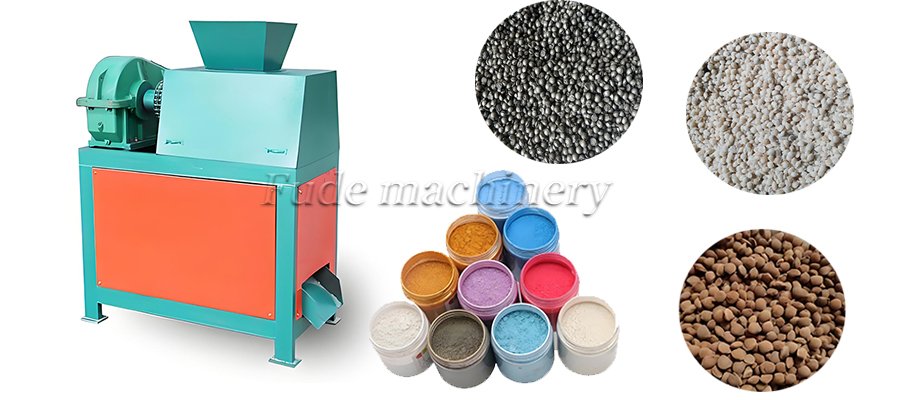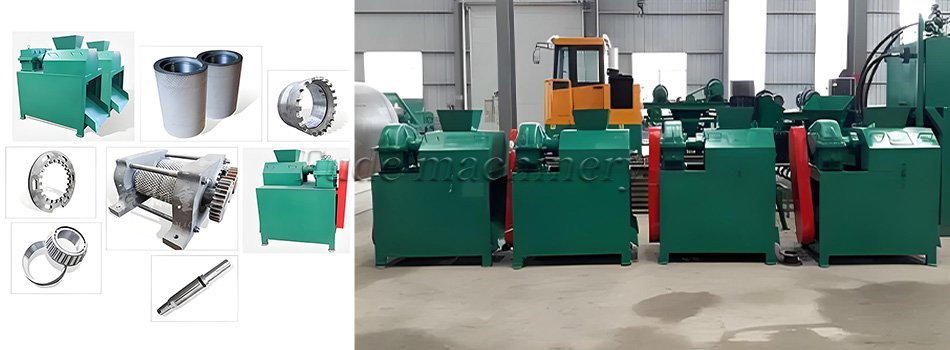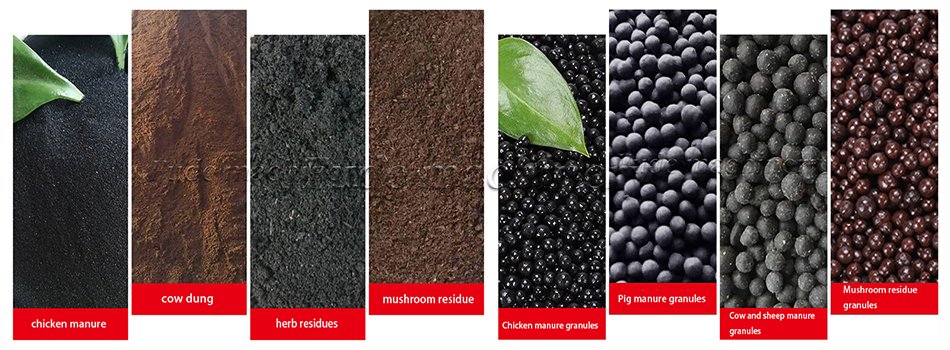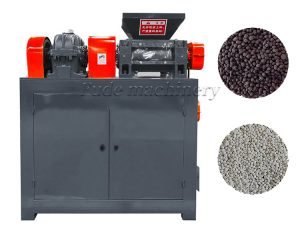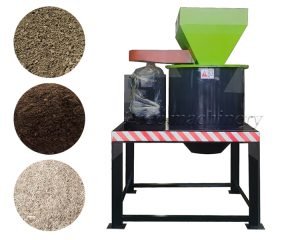Table of Contents
In the realm of material processing, the evolution of technology plays a pivotal role in enhancing productivity and sustainability. Double roller compact granulators, also known as press compactors or dry granulation equipment, serve as a cornerstone for various industries, optimizing processes and outcomes.
This article provides insight into specific sectors that could benefit significantly from the integration of these advanced machines, highlighting the compatibility of certain raw materials and detailing the unique advantages per industry.
Which Raw Materials Are Ideally Suited for Dry Granulation Equipment?
The versatility of roller press compact pelletizer is evident in their capacity to process a diverse array of raw materials. Key examples include, but are not limited to, chemical powders, minerals, and agricultural feeds. These materials, once processed, demonstrate enhanced solubility, compactness, and ease of handling, making the equipment highly sought after for specialized applications.
- The Agricultural Sector: A Prime Beneficiary
In agriculture, the demand for high-quality, compact fertilizer is perpetual. Dry granulation equipment efficiently converts powdery fertilizers into dense granules, improving nutrient distribution and minimizing dust. This not only aids in precise application but also significantly reduces loss during transport and storage, thereby optimizing the use of resources and enhancing crop yields.
- The Pharmaceutical Industry: Ensuring Precision and Purity
Pharmaceuticals require utmost precision and purity in their production processes. Press granulator compactors stand out in this sector by facilitating the granulation of medication without the need for liquid binders. This dry process ensures that the chemical properties of the drugs are not altered, maintaining their efficacy and extending shelf life. Moreover, the uniform size and shape of the granules contribute to consistent dosage forms, a critical factor in pharmaceutical manufacturing.
- The Chemical Industry: Enhancing Product Stability and Handling
For the chemical industry, handling powdery substances poses significant challenges, including dust pollution and product loss. Roller compression granulators address these issues by transforming powders into granules, thereby improving product stability and handling. This granulation method proves particularly beneficial for chemicals that are sensitive to moisture or heat, as it circumvents the need for drying processes, thus preserving the integrity of sensitive compounds.
Key Features of Dual Roller Compression Granulators
These granulators are celebrated for their efficiency, reliability, and adaptability. They boast a compact design, enabling easy integration into existing production lines. Furthermore, the adjustable roller gap and pressure configurations ensure that a wide range of materials can be processed to meet specific industry standards. Importantly, the dry granulation method is environmentally friendly, reducing the need for water or solvent-based binders and minimizing waste.
Working Principle of Double Roller Granulator
Roller granulator through the two opposing rotating rollers on the powder or fine particles of material to apply high pressure, so that the material in the roller gap is squeezed and filled to the roller surface grooves (such as hemispherical or bar pattern), the formation of dense particles, the process does not need to add a binder, relying only on the mechanical pressure to achieve the combination of materials; when the roller rotates to the gap at the largest place, the particles due to gravity or elastic recovery to complete the demolding, and the size and density can be accurately controlled by adjusting the roller gap and speed and surface pattern design.
The particle size and density can be precisely controlled by adjusting the roller gap, rotating speed and surface pattern design. It is suitable for materials with moderate fluidity and controllable moisture (5%-15%), featuring low energy consumption, high particle strength and even particle size, but the material should be avoided from sticking to the rollers when it is too wet or crushing when it is too dry.
Roller granulator is suitable for which materials
Roller granulator is suitable for chemical fertilizers (such as urea, compound fertilizer raw materials), feed additives (soybean meal, vitamin premix), food and medicine (milk powder, Chinese medicine powder), environmental protection and new energy (sludge, lithium battery materials) and metallurgy and ceramics and other industries in the powder or fine particles, especially suitable for good mobility, moisture can be controlled (5% -15%), medium viscous raw materials, through the extrusion molding to achieve Granulation.
but not for high viscosity (such as sugar syrup), high plasticity (such as pure plastic powder) or ultra-fine nano-sized materials; practical applications need to be combined with the characteristics of the material (such as humidity, particle size), process requirements (output, particle strength) and equipment parameters (roller material, pressure, pattern) to optimize the pelletizing effect and meet the requirements of continuous production.
As industries strive for innovation and efficiency, the adoption of this granulator presents a strategic advantage. From agriculture to pharmaceuticals and chemicals, the benefits are manifold, including improved product quality, enhanced environmental sustainability, and optimized production processes. Companies seeking to elevate their manufacturing capabilities would do well to consider the integration of this granulation technology.
In the quest for advanced fertilizer equipment solutions, Fude Machinery emerges as a leader. While not initially introduced, it’s pertinent to acknowledge their expertise in the field, subtly guiding potential clients towards their comprehensive range of granulation equipment. With a focus on continuous innovation and customer satisfaction, they stand ready to meet the diverse needs of industries looking to harness the power of these granulators.
 Organic fertilizer equipment,organic fertilizer production line,organic fertilizer equipment factory
Organic fertilizer equipment,organic fertilizer production line,organic fertilizer equipment factory
